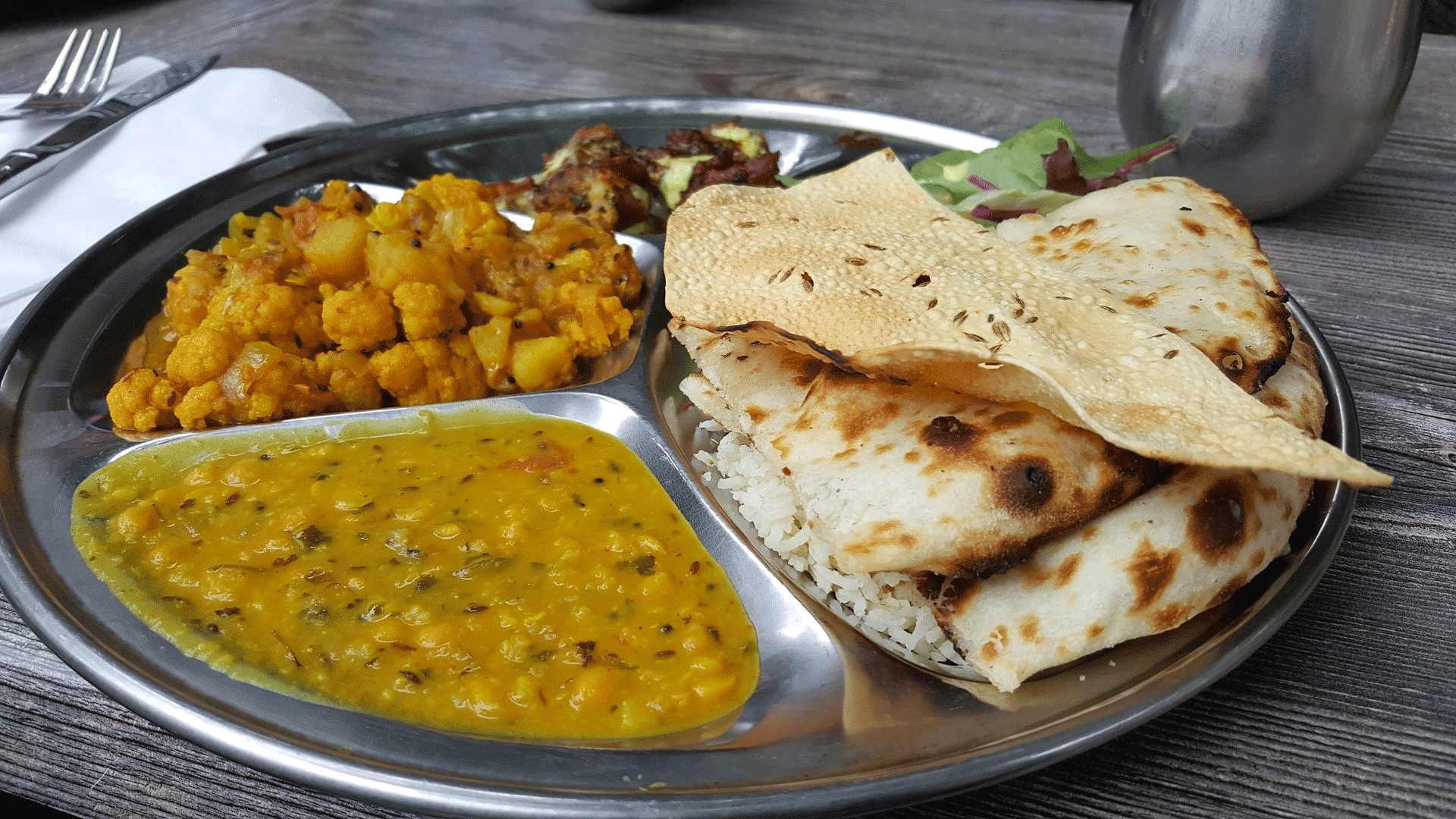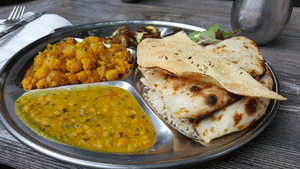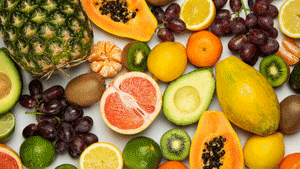
Best Diet to Cure PCOS naturally!
PCOS is a rather common condition among today's women, which is logical given our current lifestyle choices. One in every five women in India suffers from this ovarian condition, which affects their health, hormones, and reproductive health. While there is no cure for PCOS, it can usually be treated with prescription hormone medicines. Naturally, a well-balanced diet along with lifestyle changes can assist to regulate the sickness. Nutrition is critical for maintaining overall health and, as a result, managing PCOS without the use of potentially dangerous drugs.
Eating meals that are high in fibre, nutritionally dense, and low in processed carbohydrates and saturated fats is a safe bet. M.D. Homoeopath Doctor & Certified Nutritionist from Mumbai, Dr. Shivangi Pawar, suggests consulting a nutritionist and enlisting their help in following a diet based on your specific nutritional assessment and other relevant considerations.
The appropriate mixture of nutrition, lifestyle, and medicine is required to regulate PCOS. These are some foods that may aid in the treatment of PCOS:
Green Leafy Vegetables
Green vegetables are nutrient-dense and low in calories, making them an ideal weight-loss dietary supplement. Green vegetables can also assist with inflammation-related symptoms like fatigue. Magnesium is abundant in green leafy vegetables such as broccoli and cabbage, and it helps to alleviate insulin resistance.
Fruits
Fruits contains a lot of fibre, vitamins, and minerals. For the best results, choose fruits with a low glycemic index.
Quinoa (Kinova)
This gluten-free superfood is a complete protein with all essential amino acids and double the fibre of other grains. Its iron content helps to enhance haemoglobin levels, and it is high in riboflavin, which helps to increase energy metabolism.
Poha (Red Poha)
It's high in fibre and beneficial to weight loss and digestion. Red poha can help with digestive health if you include it in your diet. Poha gets its red colour from the pigment anthocyanin, which is a powerful anti-inflammatory substance. It's also high in vitamin Bs, such as thiamin, and minerals, such as calcium, which promote bone health. Its selenium content improves hair development, decreases inflammation, and regulates hormones, while iron and manganese increase haemoglobin and metabolism.
Oatmeal
Oats include both soluble and insoluble fibres, which reduce fat and sugar absorption in the body. Oats include vitamin B, which helps in the production of progesterone hormone. Zinc, which is found in oats, increases hair growth and help in the treatment of PCOS.
Millets (Bajra or Kangni)
This super grain is high in fibre and has a low glycemic index, making it an excellent choice for weight loss. They also include several minerals such as iron, calcium, copper, phosphorus, manganese, and magnesium.
Rice (brown)
Brown rice also has a low glycemic index, which means it does not produce insulin surges, and it is high in fibre, which keeps you full and prevents overeating.
Legumes
Legumes, such as whole moong, chana, green peas, soybeans, and kidney beans, are high in fibre, proteins, vitamins, and minerals. Bean protein keeps you satisfied for longer, boosts metabolism, and aids with weight management by lowering insulin surges.
Probiotics
Probiotic foods like curd, buttermilk, and yoghurt help to boost gut bacteria. An imbalance in the gut microbiota, which impacts energy absorption, can cause both insulin resistance and PCOS.
Seeds (Mixed)
Pumpkin seeds, sunflower seeds, muskmelon seeds, watermelon seeds, flax seeds, and sesame seeds are high in fibre, omega-3 fatty acids, protein, vitamins, and minerals. Omega-3 fatty acids included in flax and chia seeds help to control glucose metabolism and hormone balance, which aids in menstrual cycle normalisation.
Hibiscus Tea
It contains a lot of vitamin C and antioxidants and can help you lose weight, boost the number of follicles in your ovaries, and improve your insulin resistance.
For you personalized nutritional assessment & diet plan, contact Dr. Shivangi Pawar (M.D. Homoeopathy Doctor, Psychotherapist, Certified Nutritionist & Lifestyle Management Expert) through our Contact page or by mailing us your concerns to [email protected].







Comments